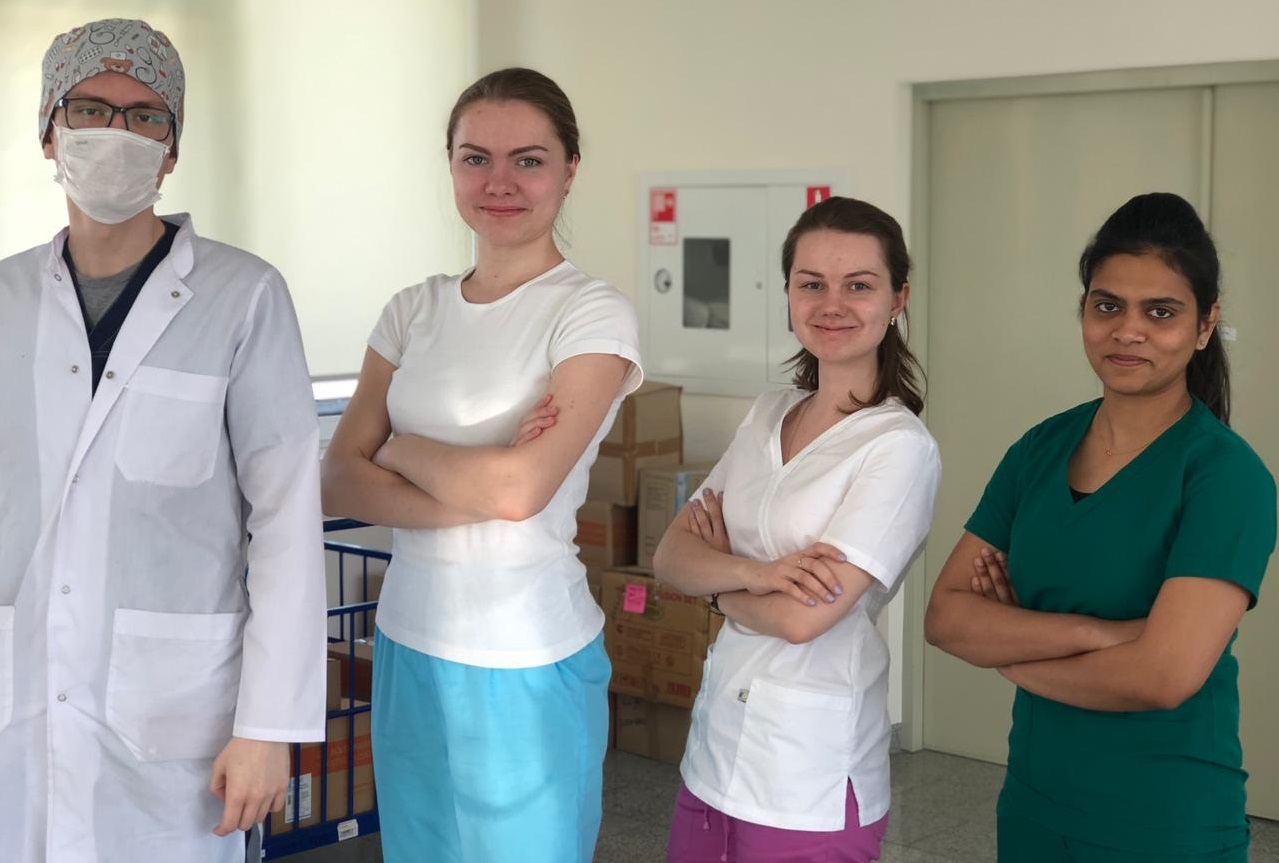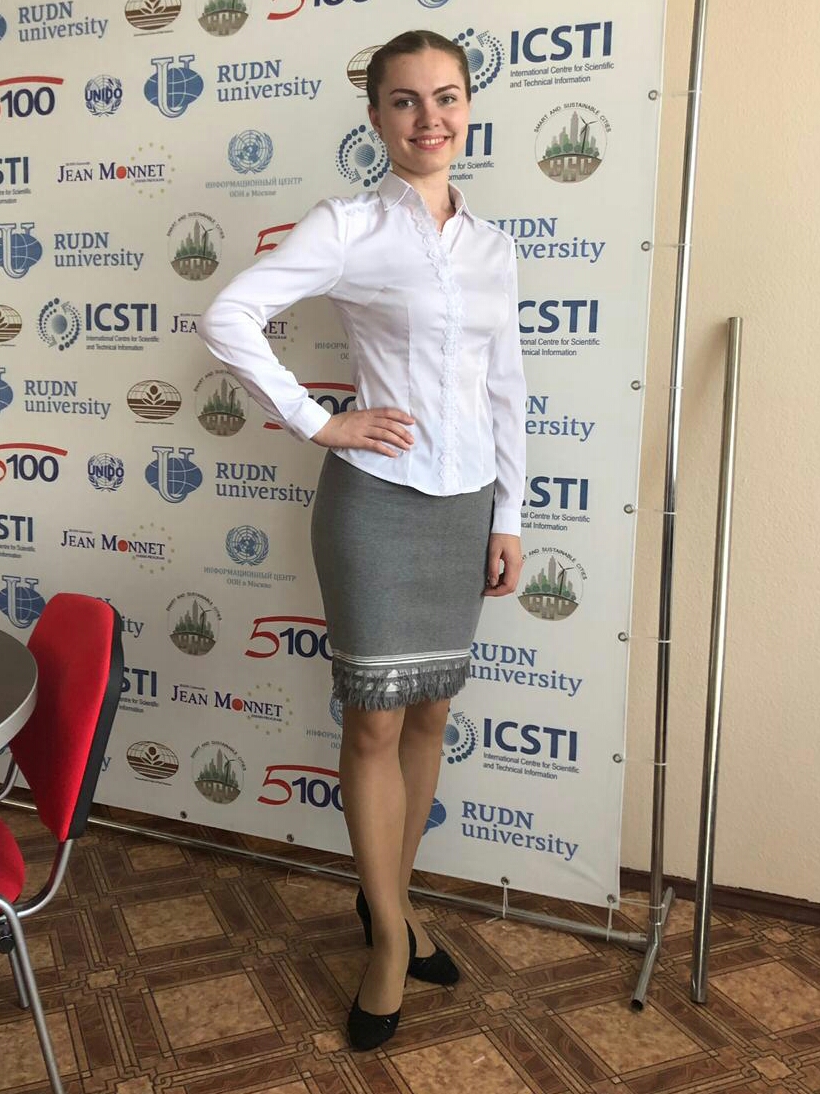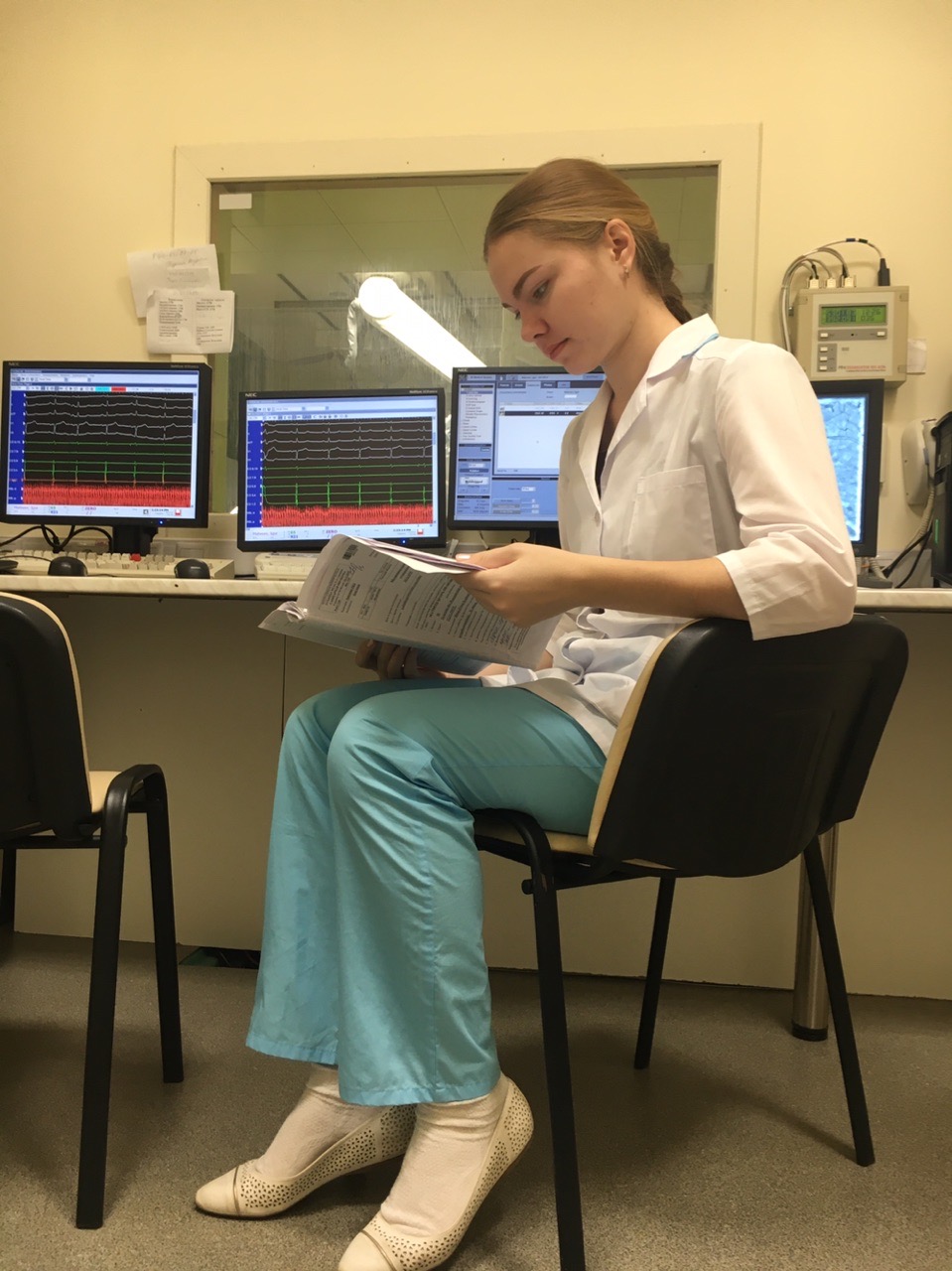“At school I was naive to believe that a doctor could know everything and make a diagnosis in all cases,” says Olga Primak, excellent student of the Medical Institute
What is your life credo?
“The more you thought, the more you did, the longer you lived.”
I. Kant
They say that only those who are truly in love with medicine go there...
Medicine is an inexhaustible field of knowledge that brings obvious benefits and never ceases to amaze and delight! Considering a person from the point of view of science, we get to know ourselves!
Why did you decide to become a doctor?
Thanks to my school biology teacher Natalia Grigorievna Khlyapova, I first fell in love with the chemistry and biology, and then realized that I see my future precisely in the profession of a doctor.
How was your first day at RUDN University? What has changed since then?
It was September 1, 2015. In the huge assembly hall of the main building, a thousand newly-made medical students gathered, many of whom were not destined to get to the sixth year ... I remember the first incredibly scary lesson of anatomy, where it seemed that everyone except you already knew everything. I remember how proud we were that Professor Valentin Ivanovich Kozlov addressed us at a lecture on anatomy saying “Colleagues!”
It seems that all this was only yesterday! But now we are almost doctors. What seemed impossible is now almost an accomplished fact, and RUDN University has become so dear to us.
Who inspires you to be better? Who is your role model?
I love and respect a lot of teachers, including those who made rather strict demands on us or joked at us though goodhumouredly.
In the first year I was able to feel like a medical student thanks to my beloved teacher of anatomy Olga Aleksandrovna Gurova, whom I can call a real “university mother”. And also thanks to the teacher of Latin, Maria Anatolyevna Borodina, who explained the basics of understanding medical terminology. In the following years, the teacher of microbiology Elena Grigorievna Volina became an authority for me. These wonderful people gave us not only complex information, but also a part of their soul! And also the energy that gave strength to move on.
What subjects have been the most difficult?
The most difficult subjects are pharmacology and microbiology. If anatomy and histology can be imagined, physiology and biochemistry can be understood, then pharmacology and microbiology must be learned by heart.
You have been getting only excellent grades 5 years. Have there been situations when you wanted to give up and agree to a lower grade?
Studying is not easy at all. There were times when it was possible to get “C”, especially on test exams. But why give up? Medicine is too interesting and important to allow yourself to be weak! And besides that, I always had the support of real friends — my favorite study group!
Tell us about internship in hospitals. To what extent does the concept of working in medicine correspond to reality?
We do internship in Moscow healthcare institutions — these are Hospital 64, Hospital n.a. Yudin, Central Clinical Hospital of the Russian Academy of Sciences. Patients are different. Some say they don’t want to be guinea pigs for interns, which is understandable, but there are people who understand. I remember how an elderly patient herself suggested that I practice blood sampling, although I was just starting nursing practice.
In reality, everything is much more complicated than it seems. At school I naively believed that a doctor could know everything and diagnose in all cases. In reality, there is a huge number of different forms of the same diseases, their atypical forms, one patient may have several pathologies, there are drug interactions, intolerance, side effects. It is extremely difficult not only to make a diagnosis but to choose effective therapy as well. I fully share the words of Sir William Osler, a Canadian physician and member of the Royal Society of London: “If the patients were not so different, medicine could very well be a science, not an art.”
What do you do when you want to take your mind off your studies? Are there any hobbies?
To be distracted from study is not always a desire, more often it is just a need of the body. I believe it is important to lead a healthy lifestyle. I am fond of dancing and sports. Until the fifth year I performed with RUDN University dance ensemble “Rhythms of Friendship”, we became a laureate of the Moscow festival “FESTOS”. I am engaged in track and field athletics — during the last winter holidays I took the third place in the high jump championship of the Kaliningrad region.
Sometimes I write poetry. In the summer of 2020, during lockdown, I took part in literary competitions for the first time and, unexpectedly for myself, became a laureate of the II degree of the International Poetry Blitz Competition “Mom, there is no one dearer than you”, held by the International Union of Russian-speaking Writers.
I like to visit the observation site on Vorobyovy Gory to see the stunning view of the capital.
What specialization will you choose in residency?
I am planning to do cardiology. I consider this area to be extremely important, since the number of patients with pathologies of the cardiovascular system will grow steadily from year to year. Risk factors, unfortunately, are becoming more pronounced — take at least hypodynamia and overweight.
The main lifehacks that help you learn material faster?
You need to read, think, write and say out loud in order to form connections between neurons in different centers of the brain.
It is important to repeat the material a large number of times in order for the information to pass from the operative memory to the long-term memory. This can be done when you go grocery shopping, cook or clean. Or instead of watching TV shows or wasting time on social media.
Interviewed by Olga Frankoglo
RUDN University staff and alumni received state and departmental awards at the State Kremlin Palace during a festive concert in honor of RUDN 65th anniversary.
An architectural-landscape project by a 5th-year student of RUDN has been shortlisted for the annual International Professional ADD AWARDS 2024 for architects, designers, and developers in the “Urban Environment” category.
RUDN University employees’ work and contribution to the development of the university cannot go unappreciated. The Ministry of Science and Higher Education of Russia recognizes talented university employees and present them with various departmental and state awards.
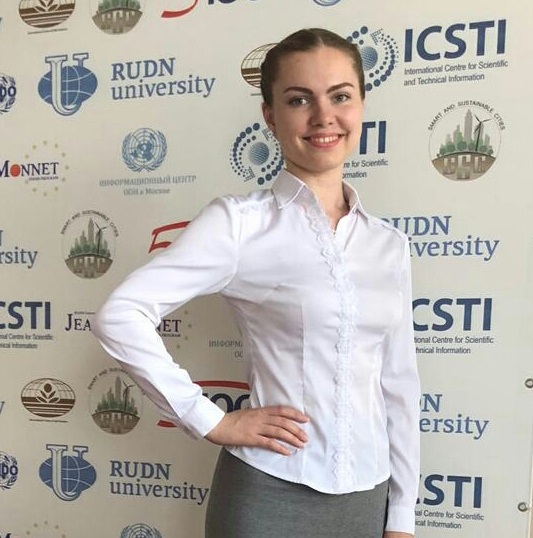
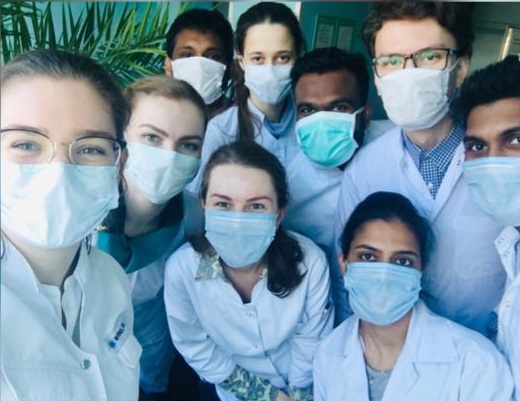
.jpg)
